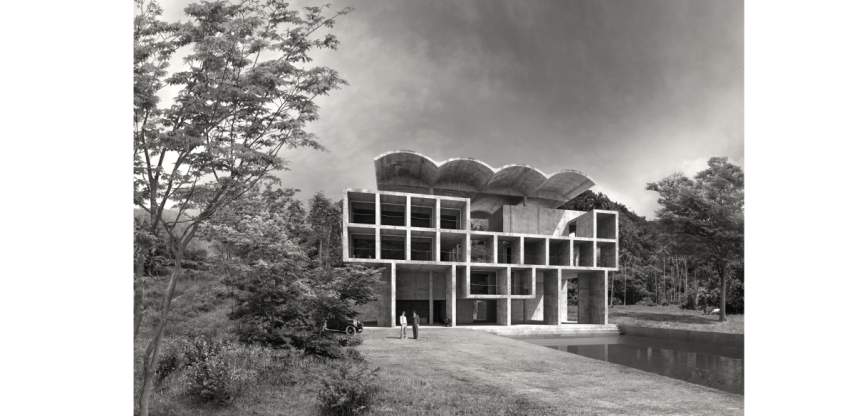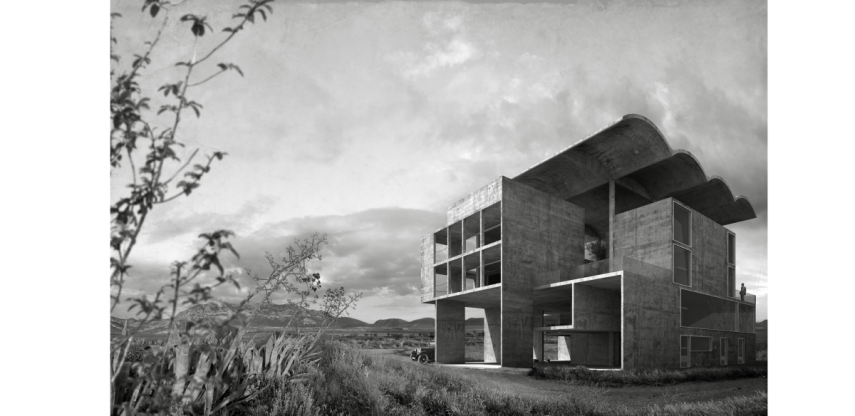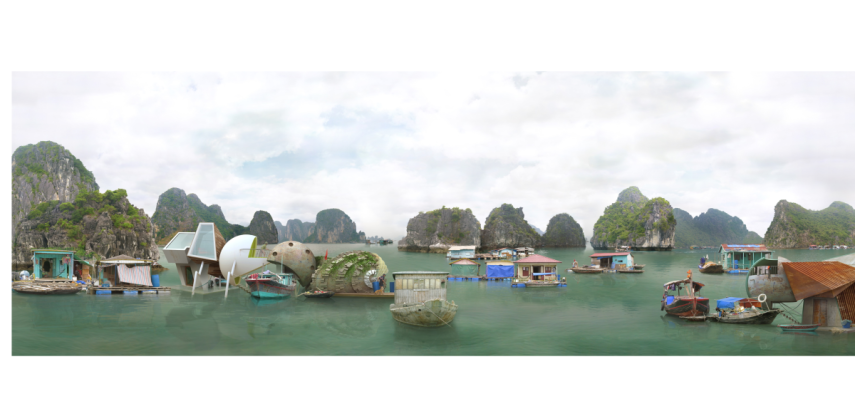Dionisio González
Discover more on this artist
Dionisio González was born in 1965 in Spain. He is connected with the University of Seville, where he supervises the masters programme in Artistic Ideas and Social Policies. In his work and through architecture, Dionisio González conveys his utopian vision of the place, an alternative vision, to access another lie.
Gonzalez is making a social critique but also an architectural rewriting of the “favelas” of Brazil, more specifically those of São Paulo. What interests him about the shanty towns is their independence from any kind of planning or order. In fact, the inhabitants are their own architects, and the dwellings are constantly changing. He tries to imagine a radical reconstruction of the habitat that would improve the precarious living conditions of its inhabitants.
His work can be found in top museums in Europe, the United States and South America. In 2013, he won the EMOP European Month of Photography Arendt Award. He also received the Pilar Juncosa Sotheby’s of the Fondation Pilar y Joan Miró prize.
The jury selected Dionisio Gonzalez for his innovative and social-political engaged work that extends the dialogue of contemporary art, photography, architecture and environmental ideas.
The jurors stated that Dionisio Gonzalez’s work reflects “the pertinence of the artist’s achievements in relation to the theme, high photographic quality, as well as a coherent artistic approach.”
In his huge photographs Dionisio Gonzalez invents new urban structures inspired from existing places like the Favelas in Rio de Janeiro and Sao Paolo or the periphery of Buzan. Instead of the often-seen dramatic depictions of these megacities, housing millions of people, Gonzalez presents alternative survival strategies. His projected heterotopian spaces, as defined by Michel Foucault, give us multiple layers to imagine new urban and architectural situations.



